2008 Mazda B3000 Brake Rotors and Pads
Click here to search another vehicle
All Rotors:
OEM x
Coated x
Drilled, Slotted and Coated x
Front x
Rear x
All Pads:
Ceramic x
Semi-metallic x
Front x
Rear x
Found 9 record
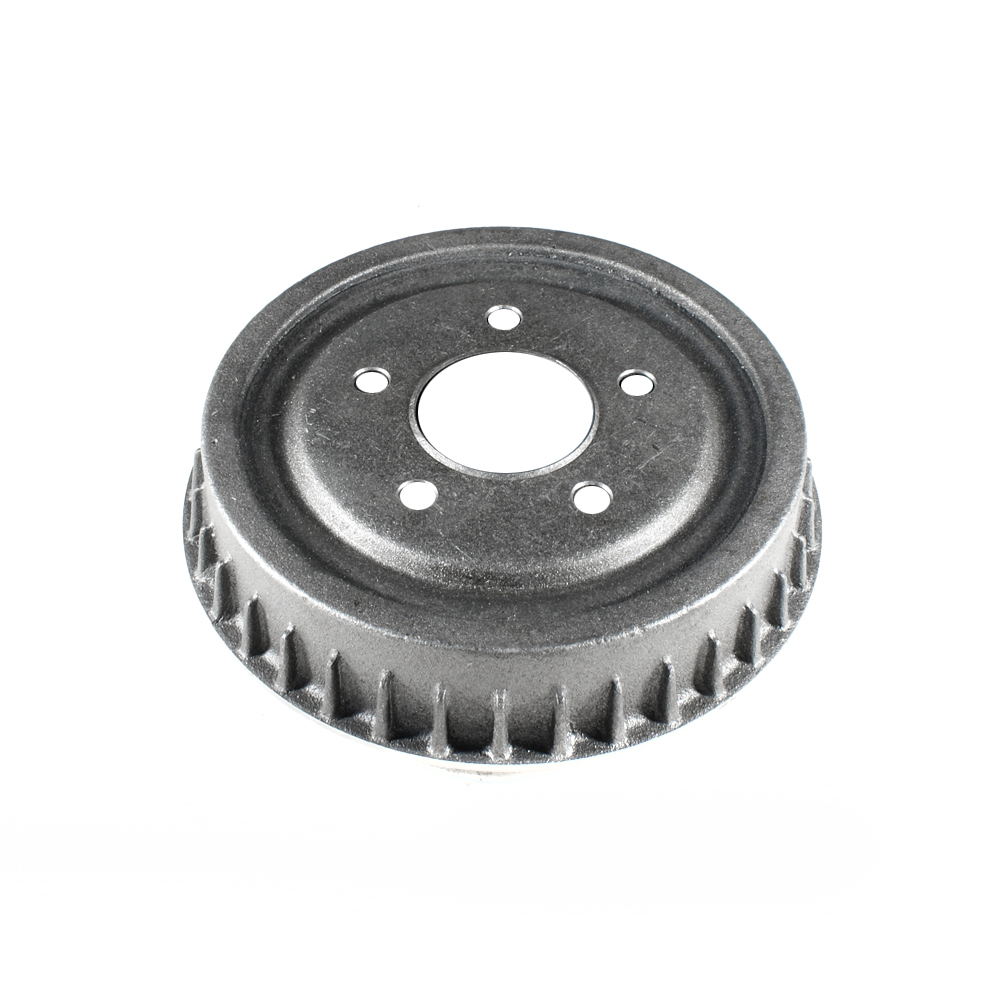
Part No: BD80036
Raybestos: 9651
OE: F87Z1126BA
Raybestos: 9651
OE: F87Z1126BA
$38.84 each
Per Car QTY: 2
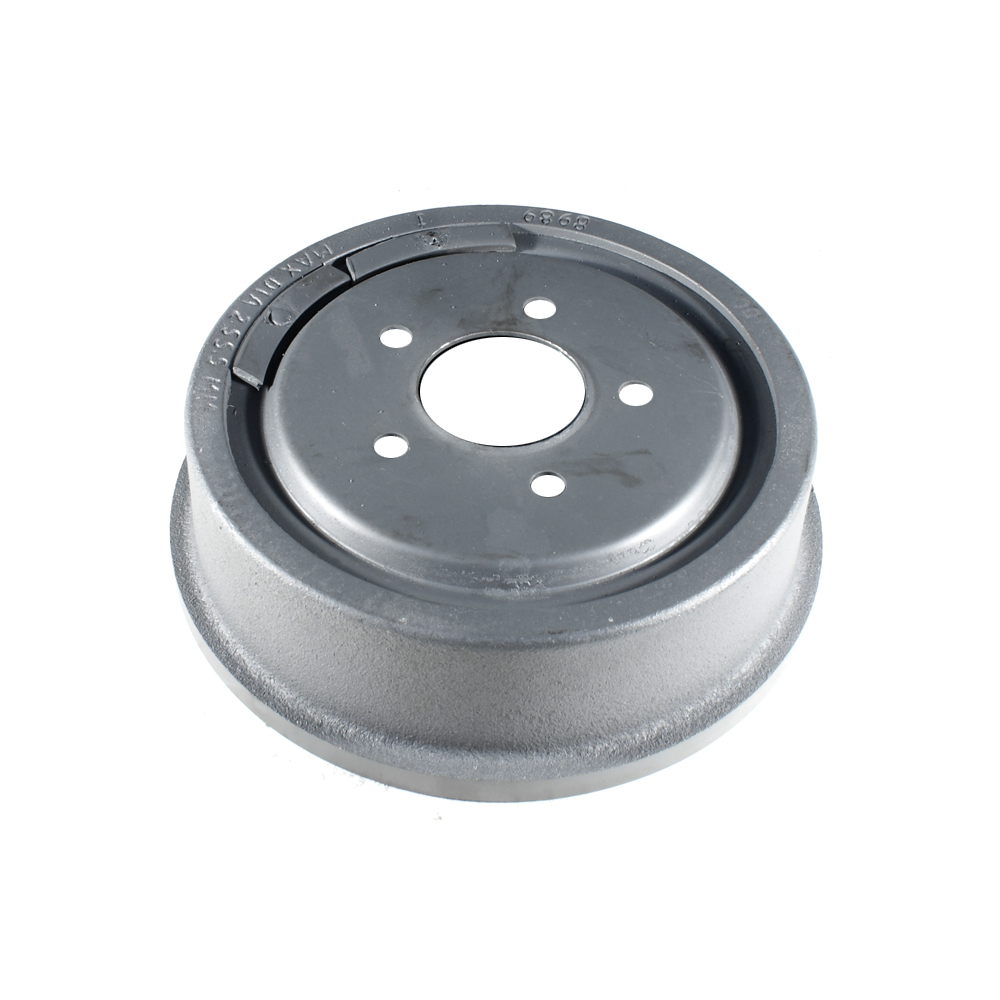
Part No: BD8989
Raybestos: 9498
OE: F07Z1126A
Raybestos: 9498
OE: F07Z1126A
$54.41 each
Per Car QTY: 2
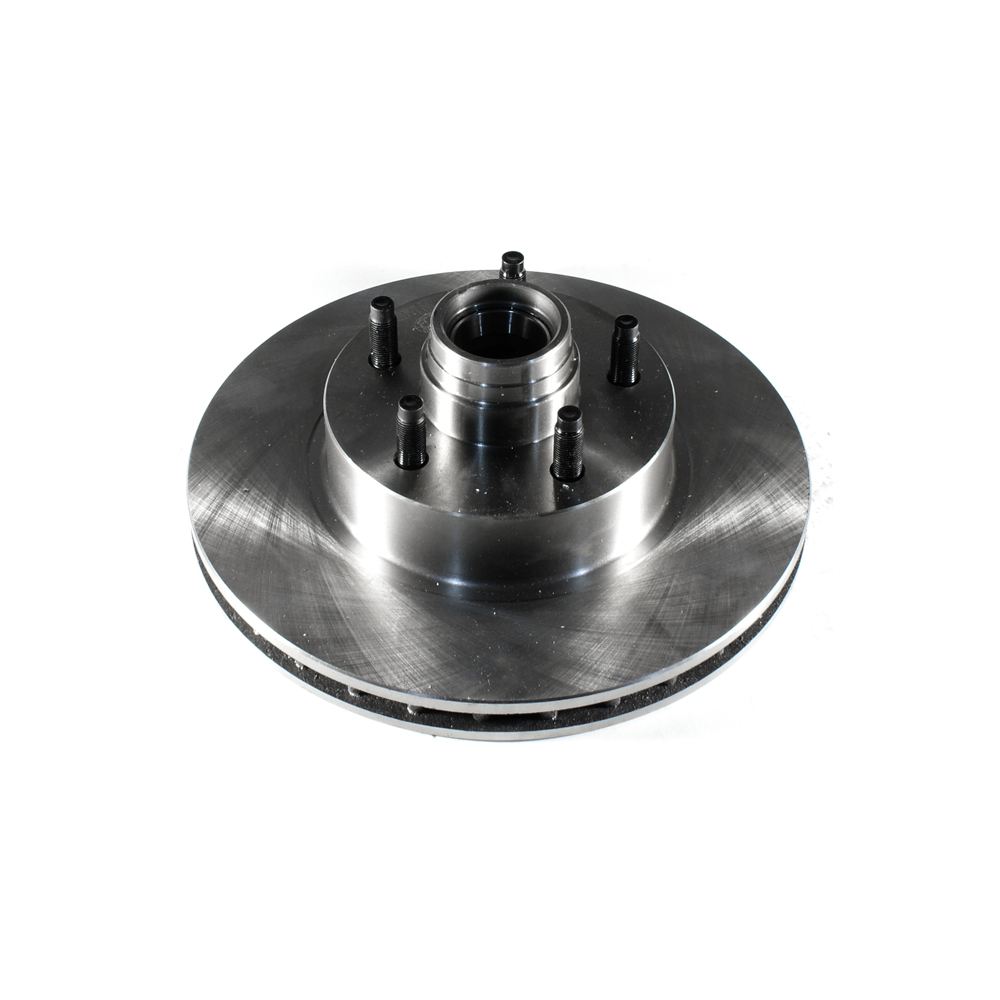
Part No: BR54029
Raybestos: 66597
OE: F5TZ1102H
Raybestos: 66597
OE: F5TZ1102H
$68.11 each
Per Car QTY: 2
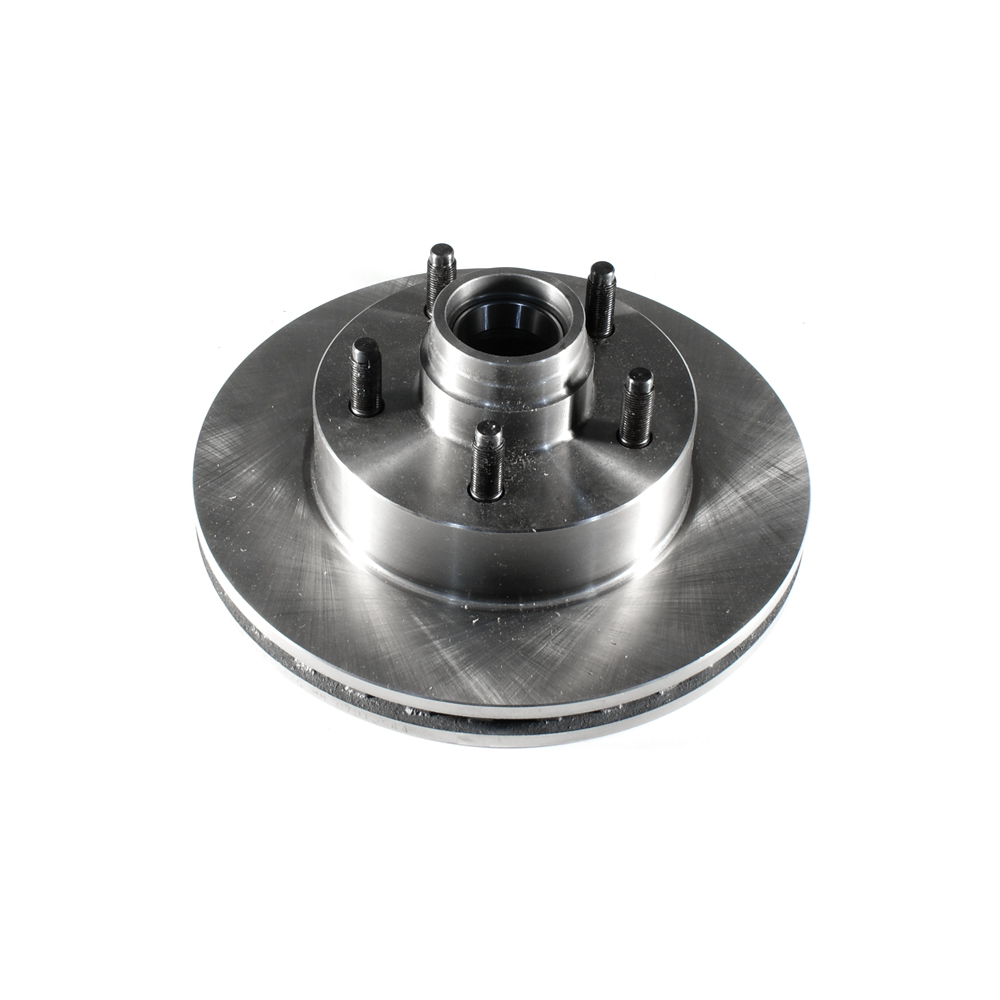
Part No: BR54059
Raybestos: 66673
OE: F87Z1102CB
Raybestos: 66673
OE: F87Z1102CB
$51.46 each
Per Car QTY: 2
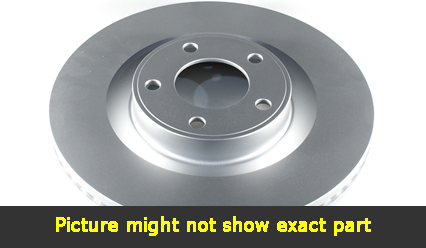
Part No: PP54029
Raybestos: 66597
OE: F5TZ1102H
Raybestos: 66597
OE: F5TZ1102H
$80.42 each
Per Car QTY: 2
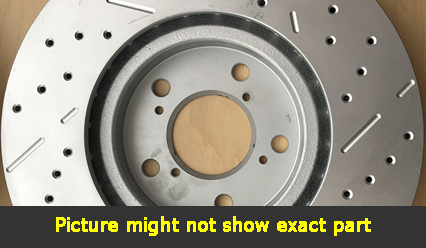
Part No: SP54029L
Raybestos: 66597
OE: F5TZ1102H
Raybestos: 66597
OE: F5TZ1102H
$116.87 each
Per Car QTY: 1
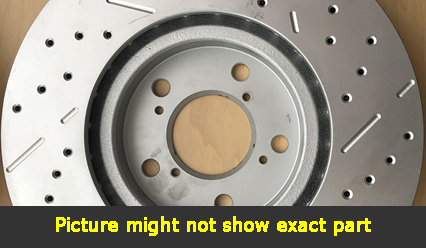
Part No: SP54029R
Raybestos: 66597
OE: F5TZ1102H
Raybestos: 66597
OE: F5TZ1102H
$116.87 each
Per Car QTY: 1
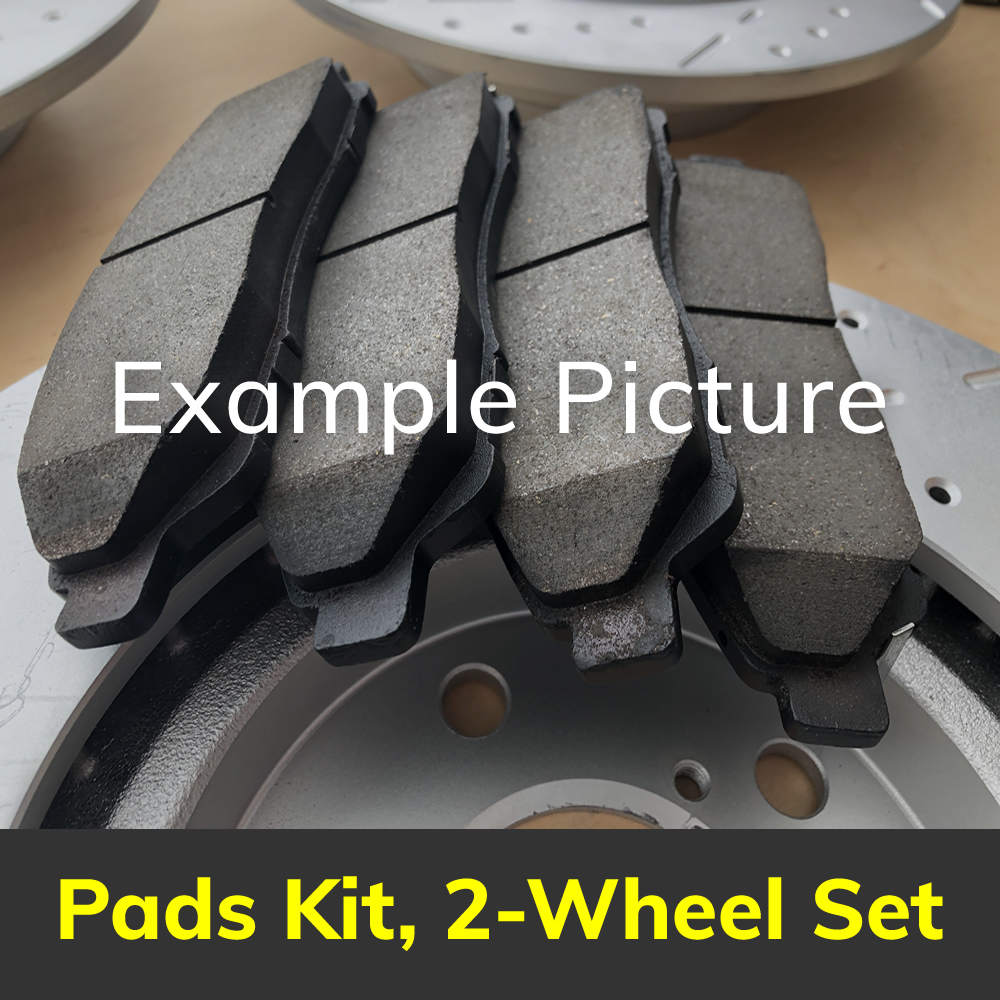
Part No: PD833C
Raybestos: 833
OE:
Raybestos: 833
OE:
$35.41 each
Per Car QTY: 1
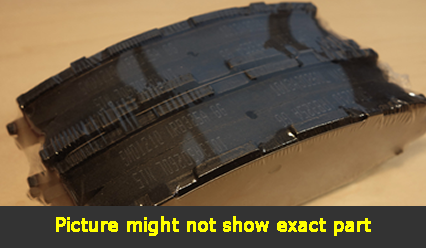
Part No: SMD833
Raybestos:
OE:
Raybestos:
OE:
$22.63 each
Per Car QTY: 1
When it comes to selecting new brakes for your 2008 Mazda B3000, it's important to consider several key factors. The braking system is one of the most critical safety components in any vehicle, and choosing the right brakes can greatly enhance the overall performance and safety of your car. Let's take a closer look at the rules for choosing the perfect brakes for your Mazda B3000.
1. Know Your Driving Style: The type of brakes that you choose depends largely on your driving style. If you drive more aggressively, brake harder, or travel in mountainous areas, you may require brakes with better heat dissipation and higher performance capabilities. On the other hand, if you mostly drive in the city or have a more relaxed driving style, standard brake pads and discs should suffice.
2. Consider the Type of Brakes: There are mainly two types of brakes available on the market - organic and ceramic. Organic brakes are made from a combination of fibers, rubber, and other materials. They are often the more affordable option and work well for everyday driving. Ceramic brakes, on the other hand, are made from a dense ceramic compound. They offer superior stopping power, better responsiveness, and have a longer lifespan. However, they tend to be more expensive.
3. OEM or Aftermarket: You can choose between Original Equipment Manufacturer (OEM) brake parts or aftermarket options. OEM brake components are manufactured by the same company that produced your vehicle and are a direct replacement for the original brakes. They are generally more reliable and often come with a warranty. Aftermarket brakes, on the other hand, are produced by third-party manufacturers and can offer a wider range of options in terms of performance and pricing. They may also be more affordable compared to OEM brakes.
4. Consider Your Budget: Your budget plays an important role in determining the type of brakes you can afford. It's crucial to strike a balance between quality and cost-effectiveness. While it might be tempting to opt for the cheapest brake parts available to save money, it's vital to remember that these cheaper options might compromise on quality, performance, or lifespan. Investing a bit more in high-quality brakes is an investment in your safety and can save you money in the long run by reducing the need for frequent replacements.
5. Consult with a Professional: If you're unsure about which brakes to choose or need expert advice, it's always a good idea to consult with a professional. A certified mechanic or the Mazda dealership can provide valuable insights and recommend the most suitable brakes for your specific vehicle and driving needs.
In conclusion, selecting the right brakes for your 2008 Mazda B3000 requires careful consideration of your driving style, the type of brakes that best suit your needs, and your budget. Whether you opt for OEM or aftermarket brakes, prioritizing quality, safety, and performance is key. Remember to consult with professionals to ensure that you make an informed decision and enjoy optimum braking performance in your Mazda B3000.
1. Know Your Driving Style: The type of brakes that you choose depends largely on your driving style. If you drive more aggressively, brake harder, or travel in mountainous areas, you may require brakes with better heat dissipation and higher performance capabilities. On the other hand, if you mostly drive in the city or have a more relaxed driving style, standard brake pads and discs should suffice.
2. Consider the Type of Brakes: There are mainly two types of brakes available on the market - organic and ceramic. Organic brakes are made from a combination of fibers, rubber, and other materials. They are often the more affordable option and work well for everyday driving. Ceramic brakes, on the other hand, are made from a dense ceramic compound. They offer superior stopping power, better responsiveness, and have a longer lifespan. However, they tend to be more expensive.
3. OEM or Aftermarket: You can choose between Original Equipment Manufacturer (OEM) brake parts or aftermarket options. OEM brake components are manufactured by the same company that produced your vehicle and are a direct replacement for the original brakes. They are generally more reliable and often come with a warranty. Aftermarket brakes, on the other hand, are produced by third-party manufacturers and can offer a wider range of options in terms of performance and pricing. They may also be more affordable compared to OEM brakes.
4. Consider Your Budget: Your budget plays an important role in determining the type of brakes you can afford. It's crucial to strike a balance between quality and cost-effectiveness. While it might be tempting to opt for the cheapest brake parts available to save money, it's vital to remember that these cheaper options might compromise on quality, performance, or lifespan. Investing a bit more in high-quality brakes is an investment in your safety and can save you money in the long run by reducing the need for frequent replacements.
5. Consult with a Professional: If you're unsure about which brakes to choose or need expert advice, it's always a good idea to consult with a professional. A certified mechanic or the Mazda dealership can provide valuable insights and recommend the most suitable brakes for your specific vehicle and driving needs.
In conclusion, selecting the right brakes for your 2008 Mazda B3000 requires careful consideration of your driving style, the type of brakes that best suit your needs, and your budget. Whether you opt for OEM or aftermarket brakes, prioritizing quality, safety, and performance is key. Remember to consult with professionals to ensure that you make an informed decision and enjoy optimum braking performance in your Mazda B3000.


